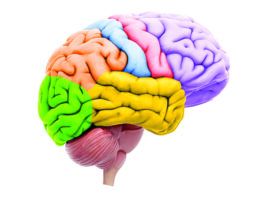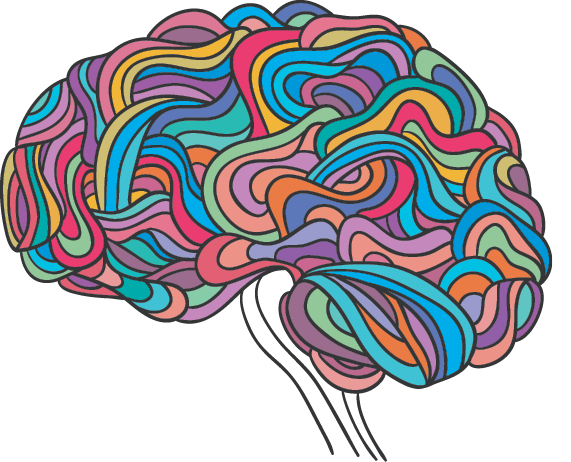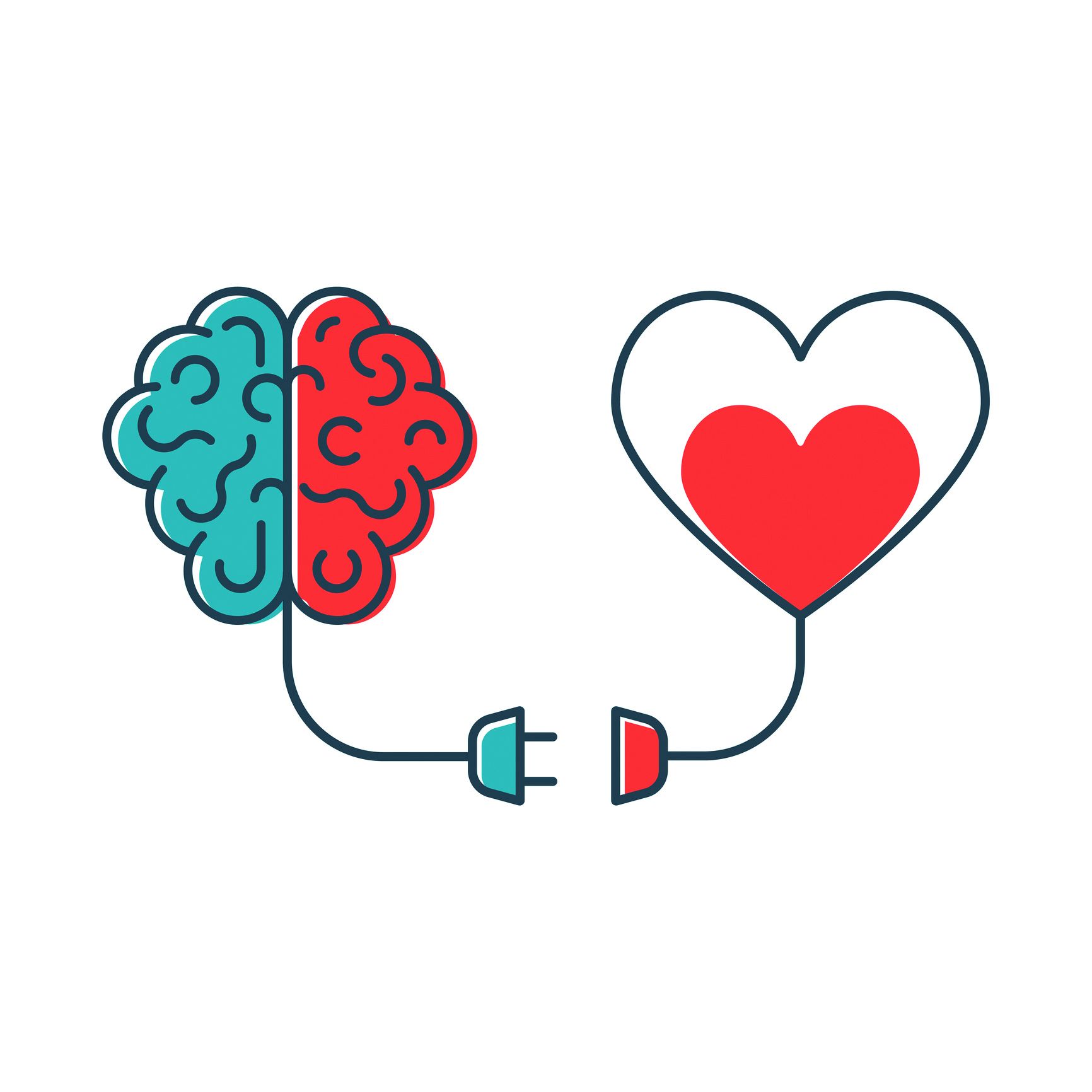The Truth about “Brain-Boosting” Supplements
More than 25 percent of Americans ages 50 to 73 and 36 percent of those age 74 and over take supplements for brain health....
I Hereby Resolve…
It’s that time again! A fresh new year full of promise—and promises. For many of us, January is a time for resolutions (and the...
Want to Change Behavior? Believe in Yourself!
You hear it all the time: shift your eating habits; move more; make this or that other healthy lifestyle change. By reading publications like...
Newsbites: June 2022
Have High Blood Pressure? Healthy Lifestyle Choices Linked to Lower Risk of Death
A study that followed over 14,000 individuals in China with hypertension (high...
Is it Dementia, or Aging?
When are lapses in memory a cause for concern, and when are they simply a frustrating inconvenience? If you have noticed changes in the...
Lifestyle and Dementia: What You Can Do
While life-altering cognitive decline is not always a part of aging, one in three people is likely to have some form of dementia by...
Meditation: Yes, it Can Work for You
Meditation is a way to calm and focus the mind. Research suggests various kinds of meditation may help relieve stress, anxiety, depression, and sleep...
Dietary Intake May Help Protect your Brain
Results of a recently-published study suggest what we eat may help protect our brains from iron accumulation and associated cognitive decline.
Researchers assessed the nutrient...
Eating Your Fruits and Veggies is Linked to Preserved Cognitive Health
A study that followed over 77,000 U.S. women and men for 20 to 22 years found higher intake of dietary flavonoids from foods was...
Getting Enough Sleep May Help Prevent Dementia
A new study found that, compared to getting seven hours of sleep a night, routinely getting six or less hours was associated with a...



































